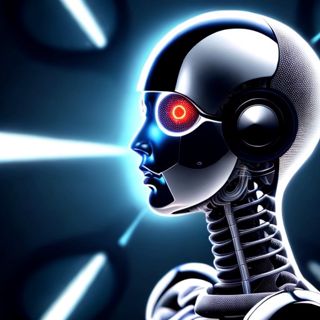
future of artificial intelligence (AI) is a subject of great debate and speculation. While it is difficult to predict with certainty, there are several perspectives on whether machines will ever surpass human intelligence.
1. The Singularity: Some experts, like Ray Kurzweil, believe in the concept of the singularity, a hypothetical point in the future when AI will surpass human intelligence. They argue that with advancements in technology, AI will become capable of recursive self-improvement, leading to an exponential growth in intelligence that will outpace human capabilities.
2. Limited Intelligence: On the other hand, skeptics argue that machines may never achieve true human-like intelligence. They believe that while AI can be powerful in specific tasks or simulations, it lacks the common sense, intuition, and adaptability inherent in human intelligence. They argue that even if machines surpass human intelligence in certain areas, they will not possess the comprehensive understanding and creativity that humans possess.
3. Collaborative Intelligence: Another perspective suggests that the future lies in collaborative intelligence, where humans and machines work together synergistically. This viewpoint argues that AI can augment human intelligence, providing enhanced capabilities in analysis, decision-making, and problem-solving. This collaboration can lead to profound advancements across various domains, such as healthcare, scientific research, and business.
It is worth noting that the future of AI is highly contingent upon ethical considerations, as well as the regulation and responsible development of AI technologies. Safeguarding against potential risks and ensuring that AI serves humanity's best interests are essential aspects to consider while contemplating the future of AI.
0 comments
Be the first to comment!
This post is waiting for your feedback.
Share your thoughts and join the conversation.
